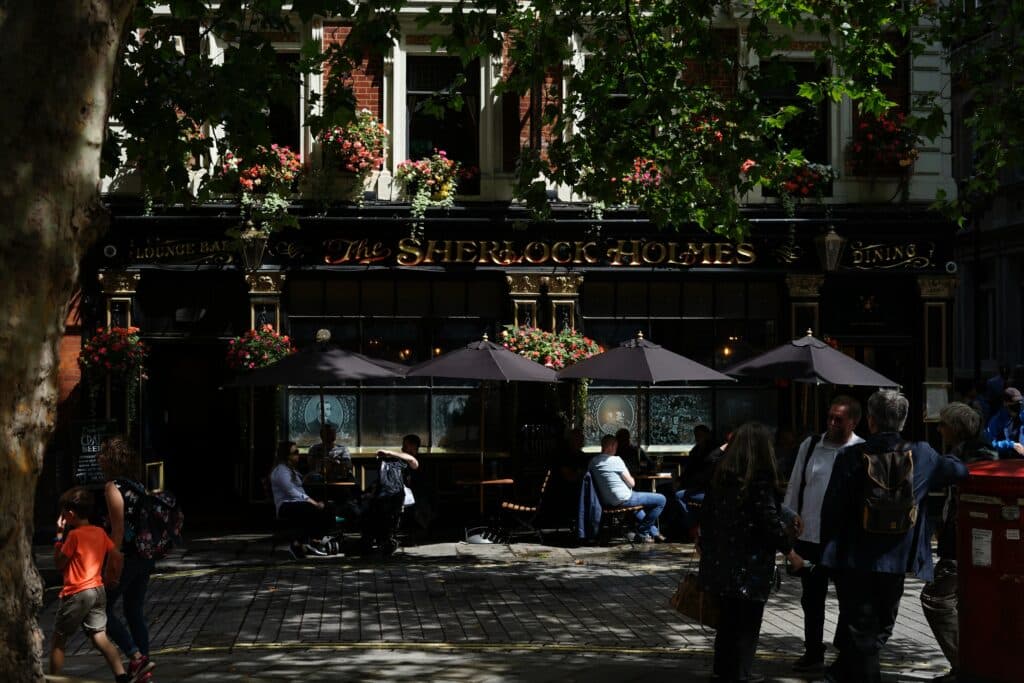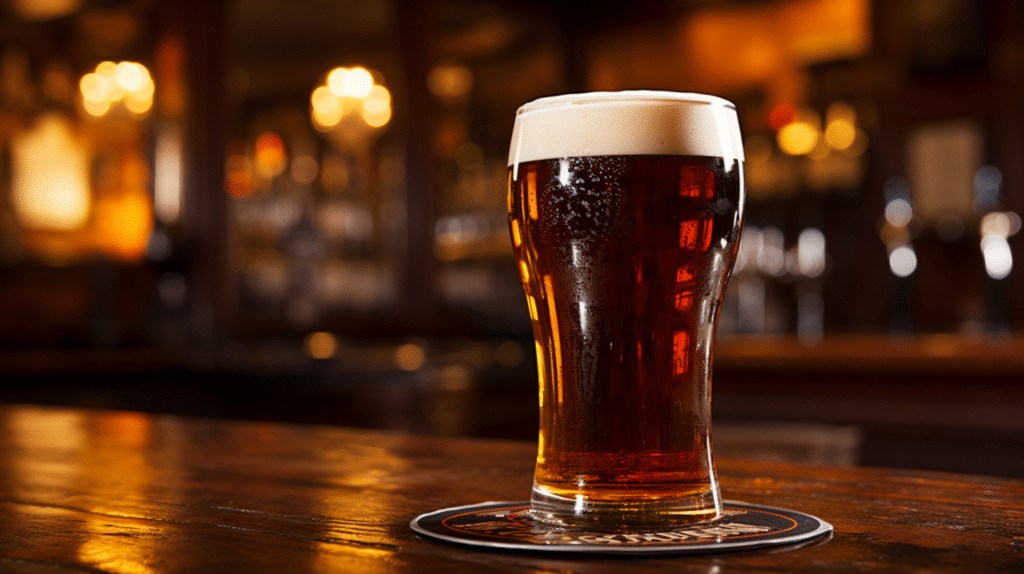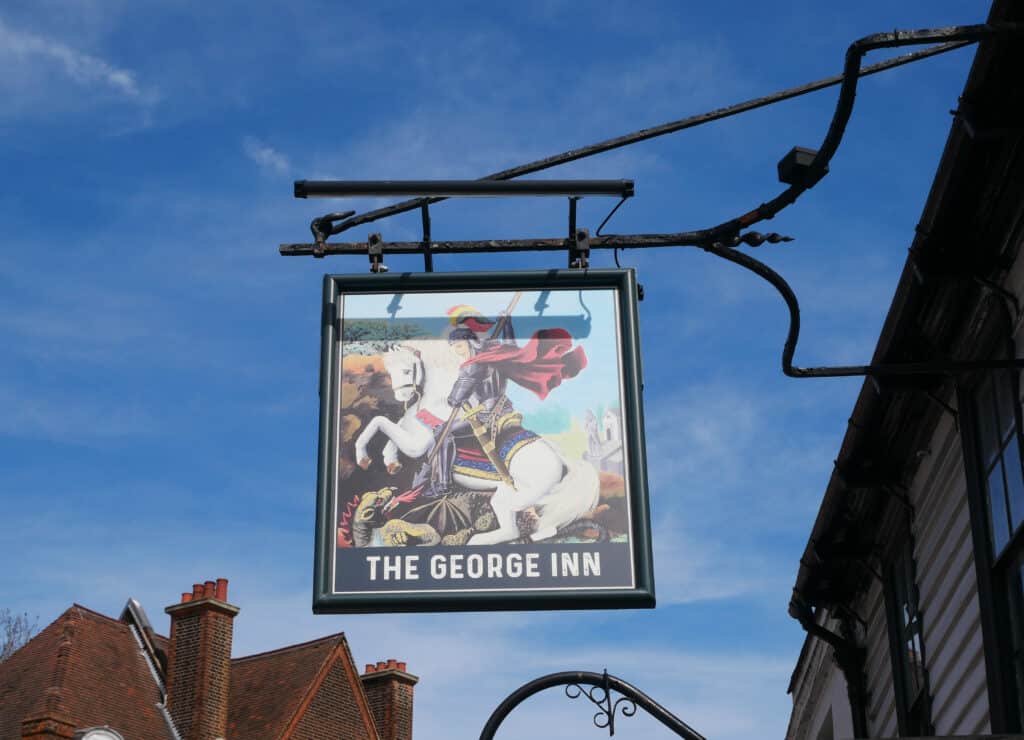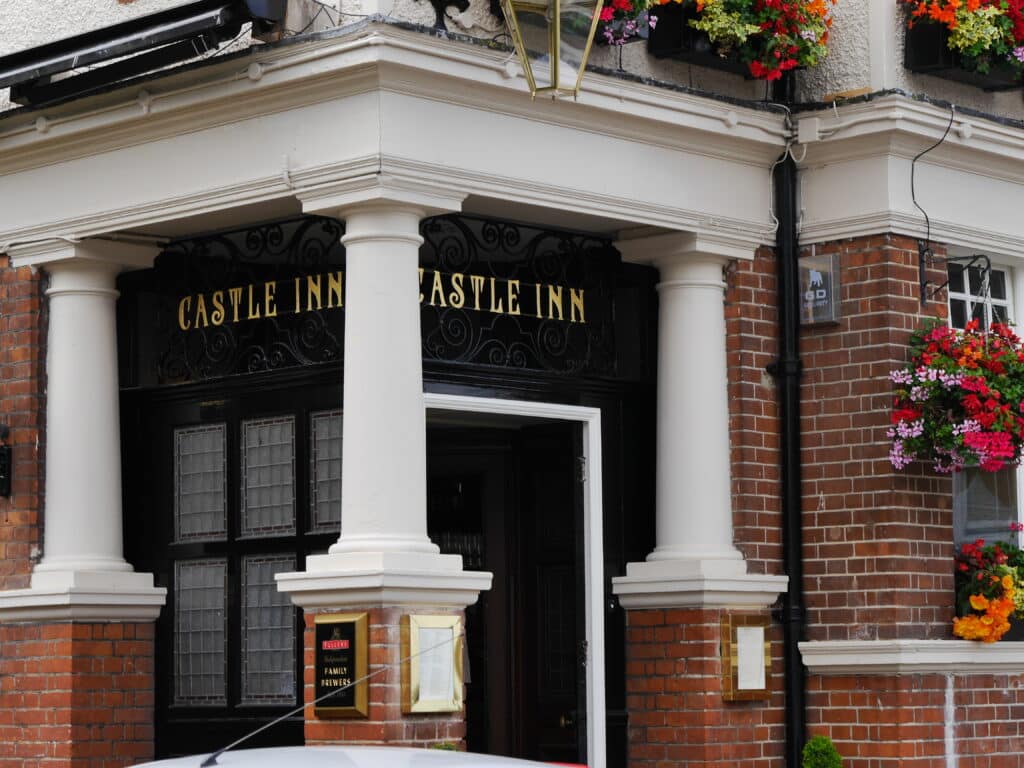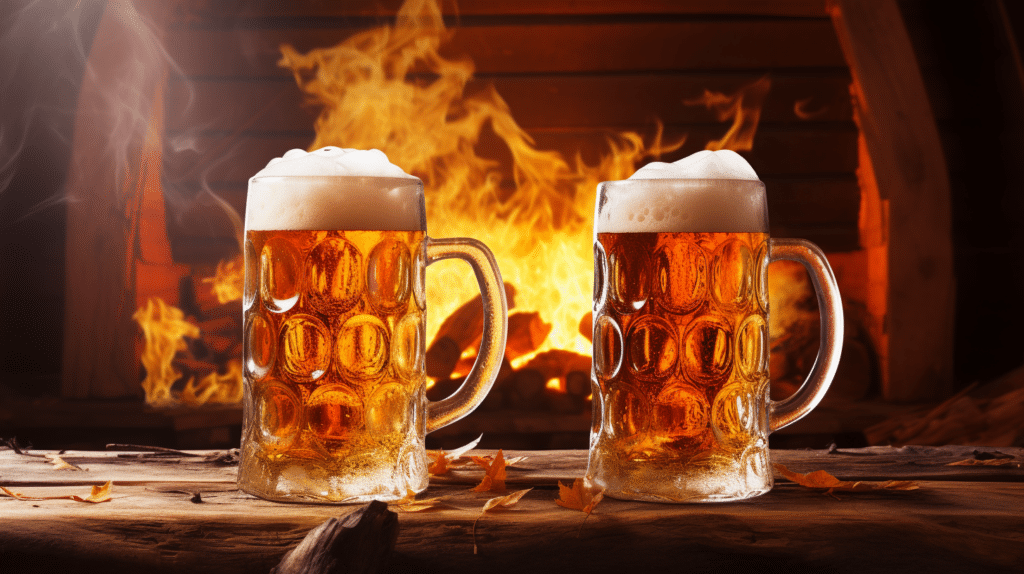Disclaimer: This post may contain affiliate links, from which I may earn a small commission at no extra cost to you. Thank you for supporting Ale Affair.
As a Brit, there is one place dear to my heart; the pub. The British pub culture is an iconic embodiment of the UK’s social spirit. Beyond watering holes, pubs – short for ‘public houses‘ – stand as the very heartbeat of the UK’s vibrant social life. This British pub culture celebrates community and heritage, where stories unfurl over pints, laughter echoes, and traditions are kept alive. This culture is integral to Britain’s history, adding a unique and irreplaceable element to the nation’s story. It invites people to explore its captivating tale further, woven seamlessly within the fabric of British society.
The British Pub Experience: A Historical and Sensory Journey
As you traverse the winding roads of the UK, from the cobbled streets of ancient towns to the bustling avenues of dynamic cities, the omnipresence of the British pub culture beckons at every corner. But what truly constitutes this deeply entrenched phenomenon?
The British pub culture is more than aged wood, dim lighting, or the distinct aroma of ale. It’s the comforting hum of chatter, the warmth of an old fireplace, the soft creaking of worn-out floorboards, and the evolving narrative of the nation—a chronicle of its people and their tales. Each pub, with its distinctive character, serves as a warehouse of local legends, a canvas of shared memories, and a stage for life’s dramas to play out.
It seems like this is becoming more of a love letter dedicated to all pubs.
Historically, these establishments transcended their role as taverns. They were the hubs of communities, places where news exchanged hands as freely as pints, where songs of old were sung, and where weary travellers sought solace. Their walls have witnessed everything from jubilant celebrations to heart-wrenching farewells, from heated debates to amiable chats.
Over time, the role of pubs has seen transformations. Yet, their essence remains unchanged. They continue to be places of warmth, familiarity, and unity. They embody the saying, “The more things change, the more they stay the same.”
So, as we raise our glasses to the British pub culture, we aren’t merely cheering for a drink. We’re toasting Britain’s pulsating and drunken heart, its vibrant history, and the promise of stories yet to be told. Let’s explore the nuances that differentiate pubs from their contemporaries and dive into the captivating lore that makes them so uniquely British.
Pubs vs Bars: Unpacking the British Drinking Legacy
As we explore the exciting realm of British drinking culture, a common query arises: “What is the difference between a pub and a bar?” Although both establishments offer a lively atmosphere, their nuanced differences reveal an intriguing narrative.
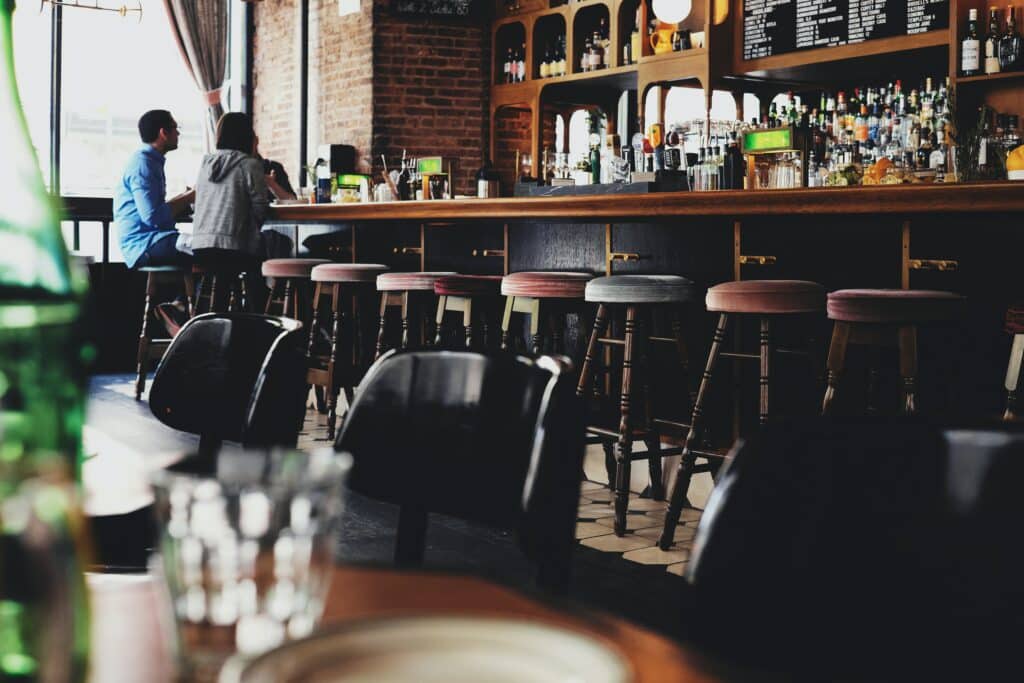
Originating in the British Isles, pubs – shorthand for ‘public houses’ – are soaked in history and tradition. They aren’t simply drinking establishments but community centres steeped in local lore and a deep sense of belonging. With hearty meals, open fireplaces, and often, an old bloke with a tale from yesteryears, pubs resonate with warmth and familiarity. Many have stood for centuries, witnessing the ebb and flow of time, acting as silent custodians of countless memories.
Bars, in contrast, often project a more modern, cosmopolitan vibe with their neon lights, sleek interiors, and cocktail menus. Typically universal in their presence, bars prioritise a wider range of alcoholic concoctions and a chic ambience. It’s about the now – the contemporary music, the innovative mixology, and the pulse of the present. They might lack the deep-rooted legacy of pubs, but they compensate with fresh, vibrant energy.
The distinction can be likened to comparing a dog-eared, beloved novel to a sleek, glossy magazine. Both have their appeal, audience, and place in the world. Pubs offer a nostalgic retreat, a return to one’s roots, while bars present a slice of the present, ever-evolving and dynamic.
As we explore the intricacies of British pub culture, it’s important to acknowledge the significance of both elements. Together, they provide a comprehensive understanding of Britain’s social fabric. Let’s continue to explore why pubs, in particular, hold such a special place in British culture.
The Pubs of Britain: Pillars of a Nation’s Soul
The age-old adage, ‘An Englishman’s home is his castle’, could easily be adapted to, ‘A Brit’s second home is his pub’. When I’m kicked out of the house, the pub is usually my go-to! But what about these establishments that resonate so profoundly with the British psyche?
From their origins in Roman taverns to their evolution in medieval England, these establishments have witnessed the ebb and flow of time, marking significant events and shifts in the British landscape. Over time, they transcended this functional role. Pubs became communal hearths, where local news was discussed with as much enthusiasm as national politics, where romances blossomed over shared ales, and where business deals were sealed with handshakes and toasts.
But the significance of pubs is not just historical. They’ve continually adapted, reflecting the changing fabric of British society. From acting as informal wartime gathering spots to serving as platforms for the legendary Britpop battles of the ’90s, pubs have always been at the forefront of British culture.
The importance of the pub in the British way of life stems from its unique ability to foster community. In an ever-changing world, they remain a constant, offering solace, camaraderie, and a touchstone to tradition. More than mere bricks and mortar, pubs provide a haven, a place of connection in an often-disconnected world.
So, how did the pub become such an intrinsic feature of British culture? It’s simple. Pubs encapsulate the British values of community, continuity, and comfort. They stand as a testament to the UK’s collective spirit, shared joys and sorrows, and undying love for tradition, even in the face of modernity.
As our journey through the British pub culture unfolds, it becomes clear: to understand Britain, one must truly understand its pubs.
Summary
The British pub culture is a captivating tapestry of history, camaraderie, and tradition. At their core, pubs are gathering places that champion community and heritage. Distinguishing between pubs and bars, we find that while bars resonate with modernity and a global vibe, pubs exude warmth and deep-rooted history. Integral to British life, pubs have evolved from travellers’ resting spots to cultural landmarks, reflecting societal shifts and fostering community. In essence, they’ve cemented themselves as enduring symbols of British identity. To truly know Britain, one must immerse in its pub culture, for within their walls beats the nation’s very heart.
